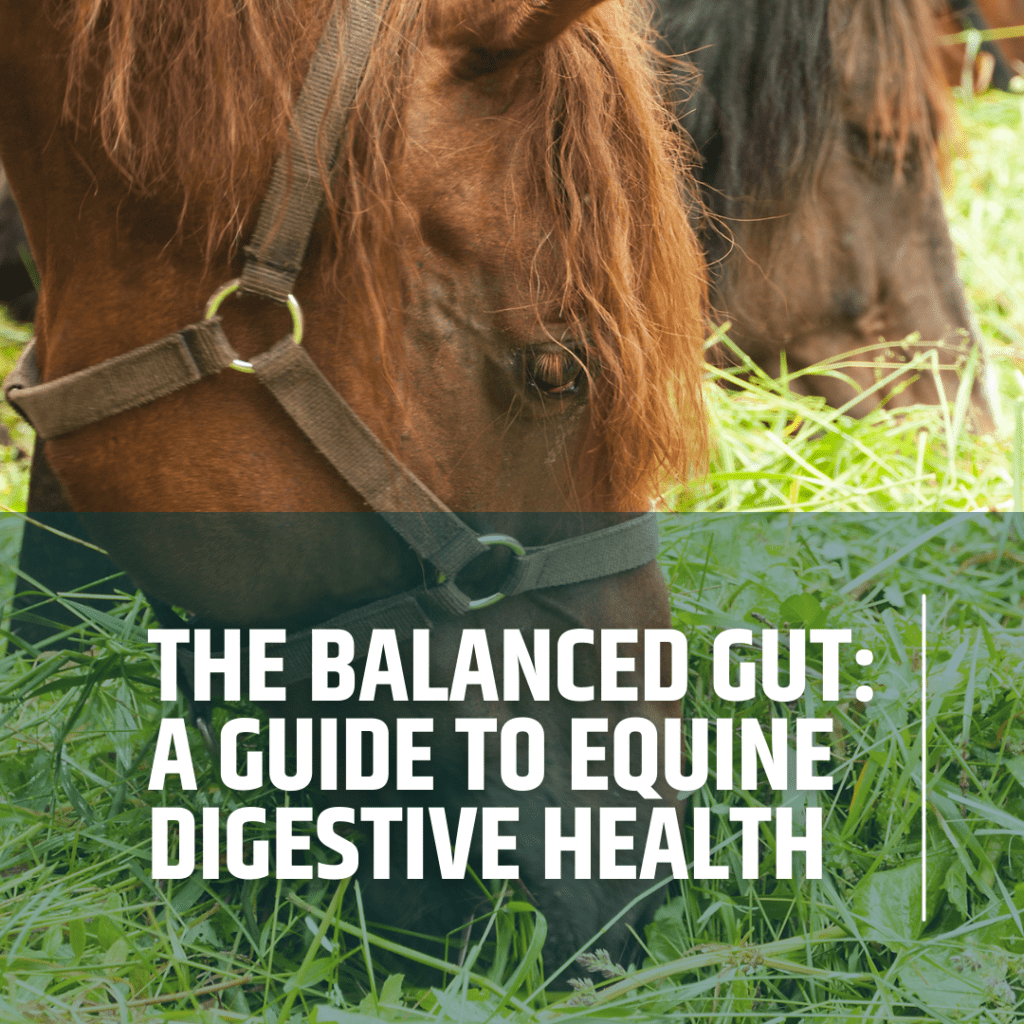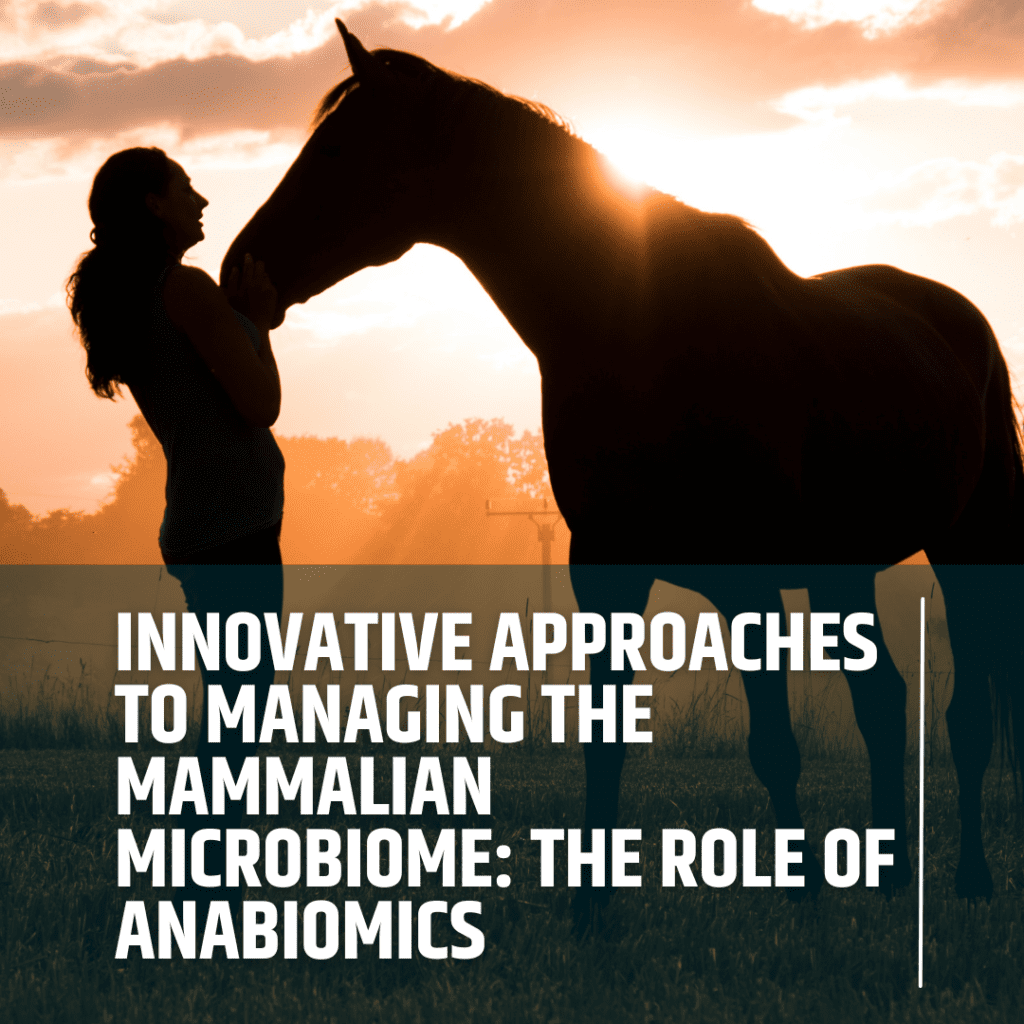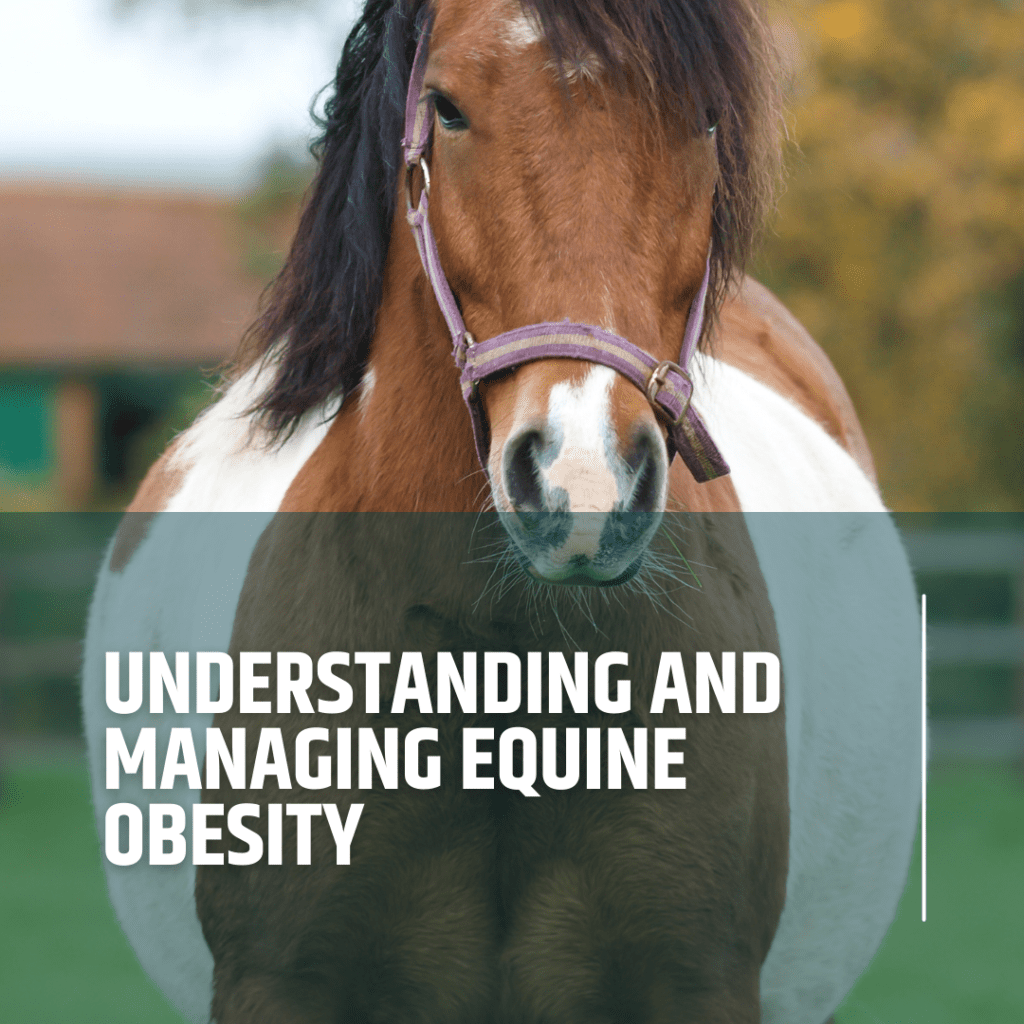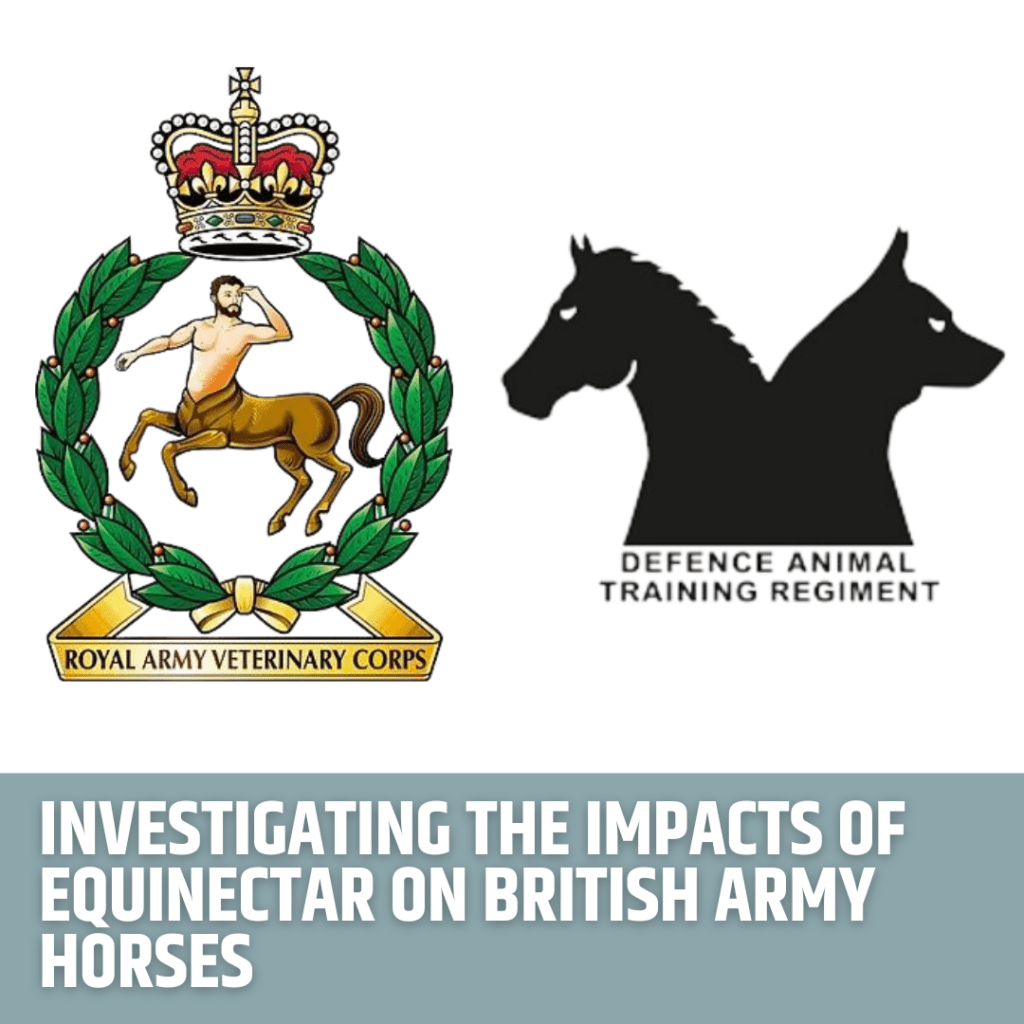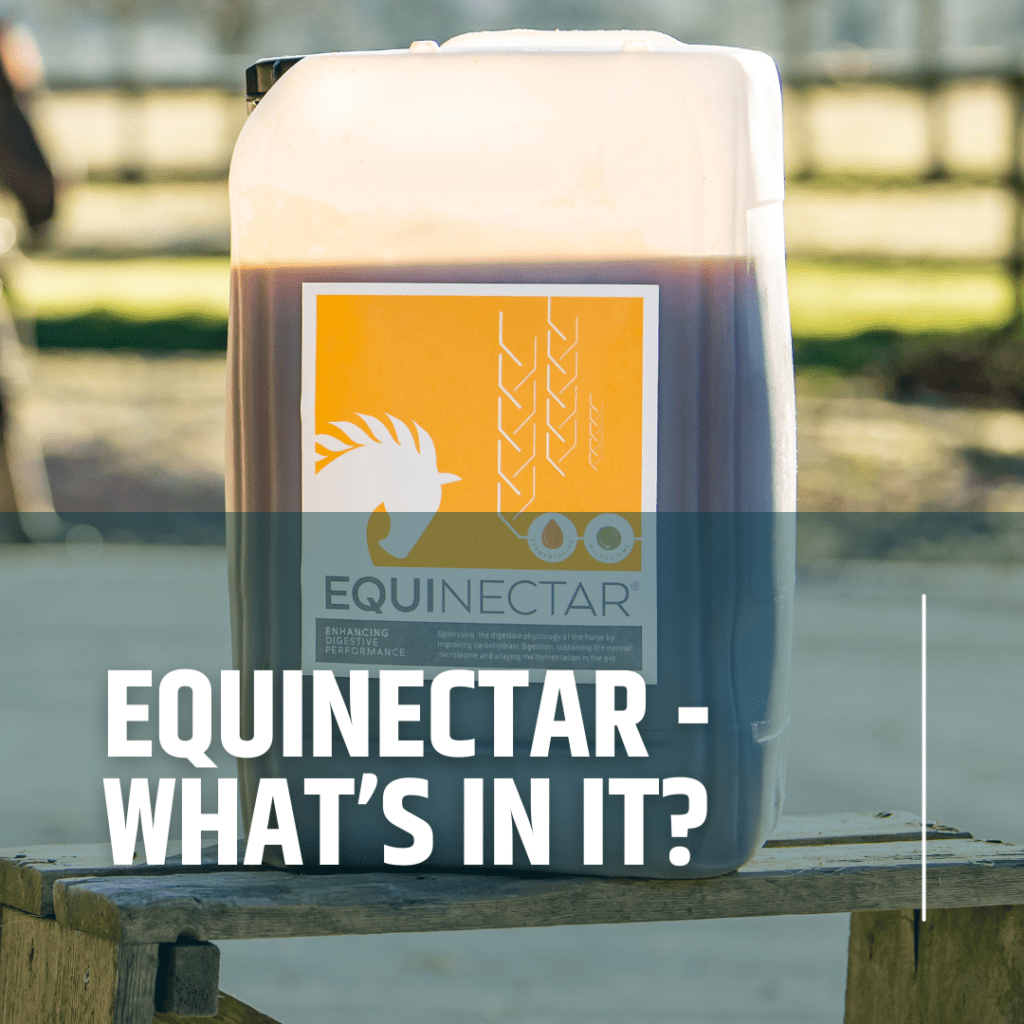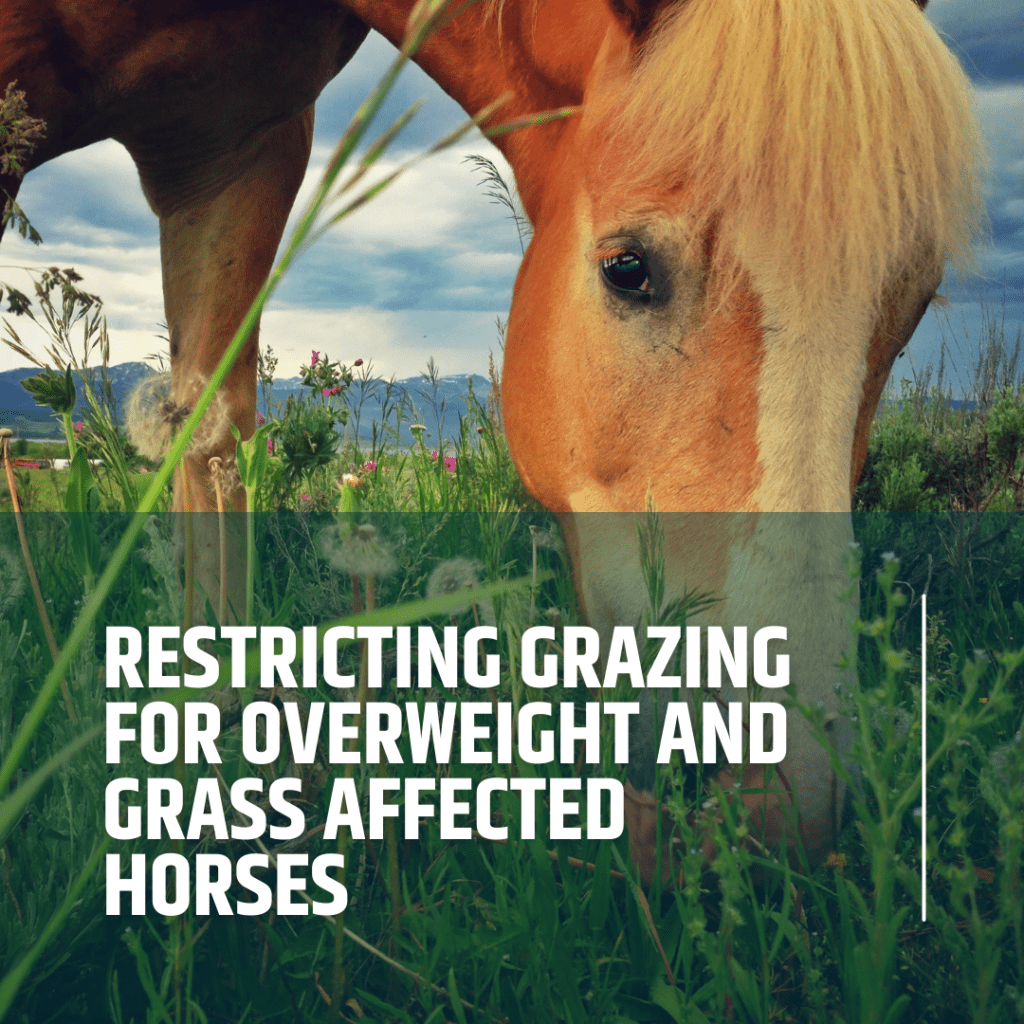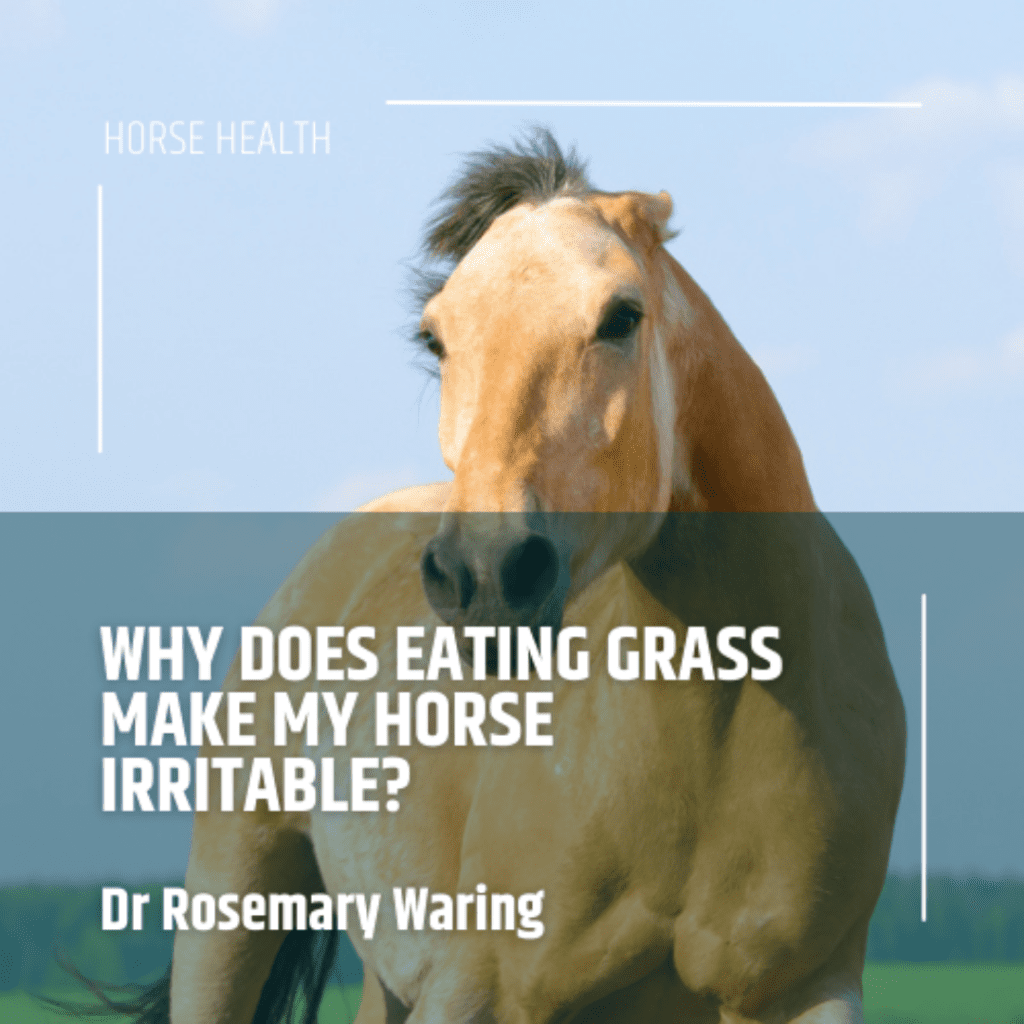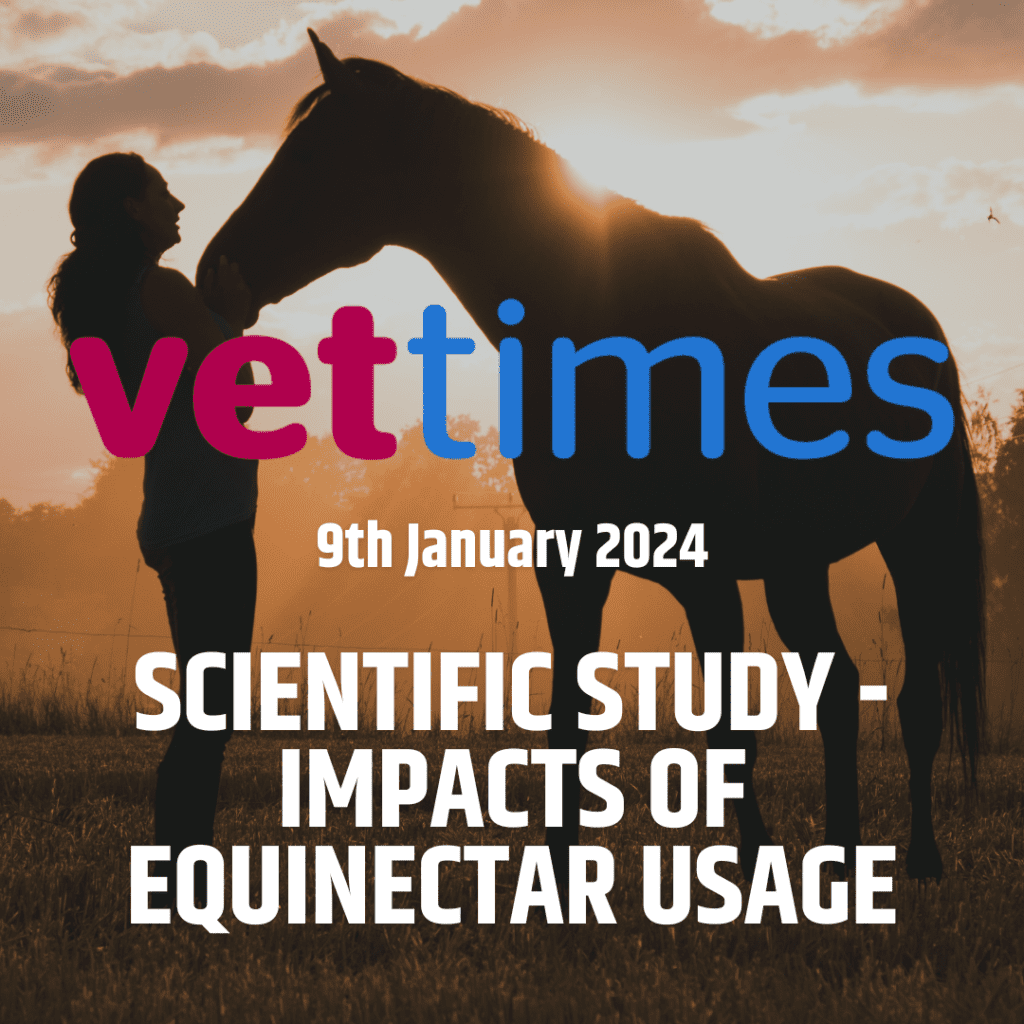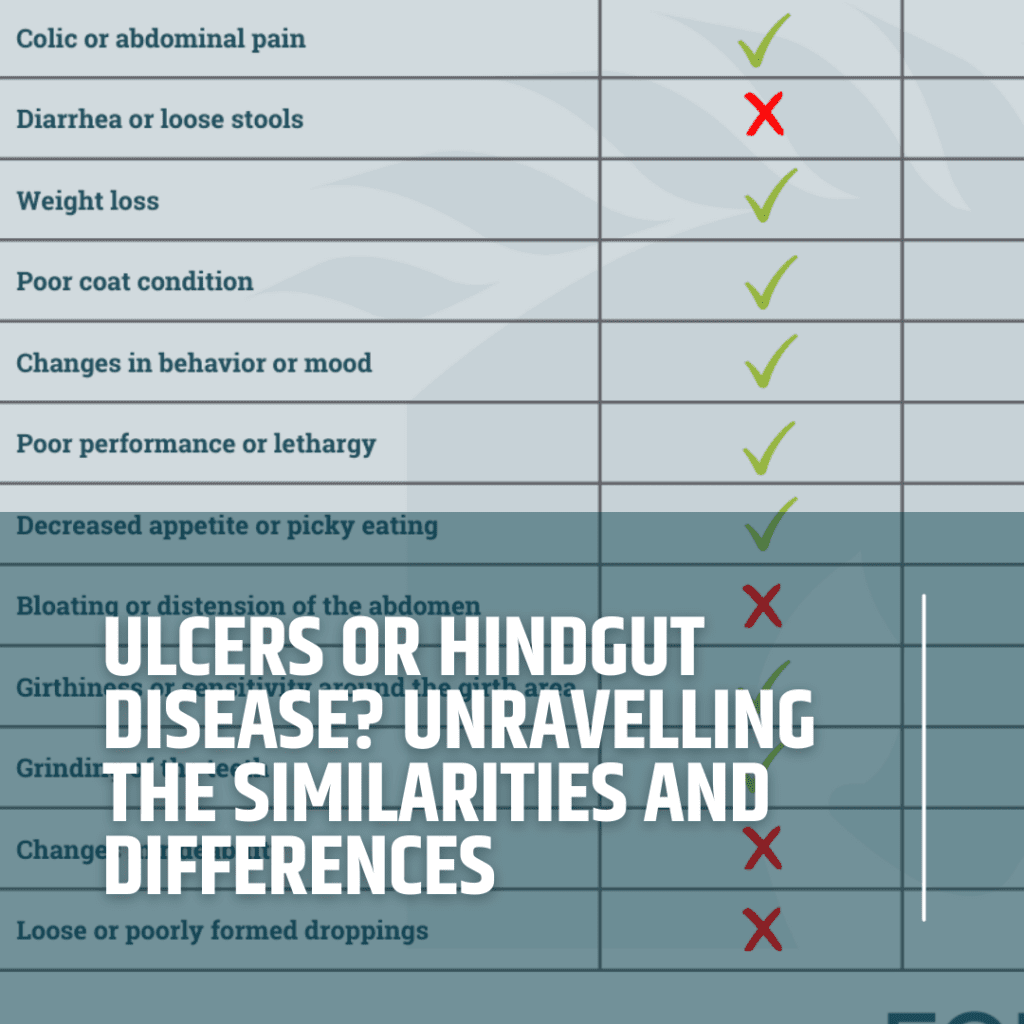The Balanced Gut : A Guide to Equine Digestive Health
Download Free 78 Page E-Book Thank you for downloading our comprehensive guide on understanding and optimising your horse’s digestive health. This detailed 78-page guide combines cutting-edge research with practical management strategies to help you maintain your horse’s digestive wellness and overall health. This essential guide explores everything from basic digestive anatomy to advanced supplementation strategies, […]
The Balanced Gut : A Guide to Equine Digestive Health Read More »

